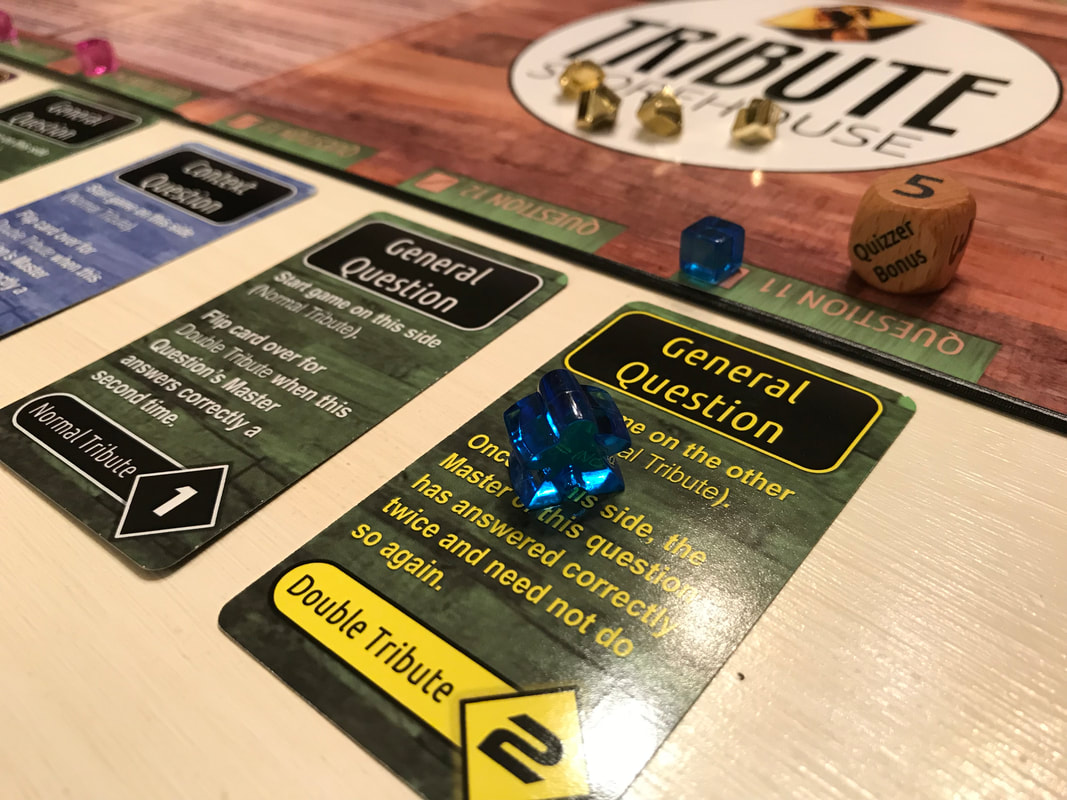As a quiz coach, I’ve seen many Quizzers come down with something that resembles recursive anterograde amnesia. And no matter how much time they spend studying, the information doesn’t seem to stick. What I’ve come to discover, fortunately, is that how you spend your time studying is often more important than how much time you spend studying. So contrary to popular belief, “studying” doesn't have to be a combination of the words “study” and “dying”!
Years ago, I came across a lecture from psychology professor Dr. Marty Lobdell from Pierce College called “Study Less, Study Smart”. In it he presents several techniques, backed by research, that help students improve retention and perform better academically.
#1: Study in 25-minute chunks followed by 5-minute breaks

Why does this work? Dr. Lobdell says that your study efficiency after a 5-minute break is nearly 100% restored. So it is like starting fresh.
BONUS IDEA: Chew a weird flavor of gum as you study. Then, at the quiz meet, chew that same flavor to aid in memory recall. If gum is not your thing, spray an unfamiliar scent while you are studying. Spray it again right before the quiz to jog your memory.
RELATED: A Goal Without A Plan Is Just A Wish
#2: Have a dedicated study area
#3: tell someone what the chapter is about
#4: Study right before you go to sleep
#5: Get enough sleep

#6: Spread learning over several days
BONUS IDEA: Record yourself as you read. You are 50% more likely to remember something if you speak it out loud. Then, listen to the recording whenever you are doing chores or traveling.
RELATED: The Beginner’s Guide On How To Study For Bible Quizzing
By following these 6 practices when you study anything, you are making yourself immune to recursive anterograde amnesia! You will be well-rested, knowledgeable, and have more free time to share the Gospel you have learned with others.
Then again, if you really had short-term memory loss, would you really know?





 RSS Feed
RSS Feed